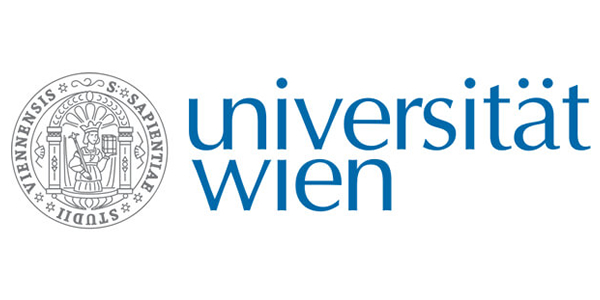East Asian Economy and Society
- Abschluss: Master of Arts (M. A.)
- Umfang: 4 Semesters, 120 ECTS Punkte
- Studienart: Präsenzstudium, Vollzeit
- Bildungsfeld: Sprachen, Kultur & Geschichte
- Unterrichtssprache: Englisch
- Website: slw.univie.ac.at

The two-year master’s programme East Asian Economy and Society (EcoS) is a multidisciplinary programme dealing with contemporary societal, political and economic aspects of the East Asian region as a whole. It is offered at the Department of East Asian Studies of the University of Vienna in English language.
We regard East Asia as more than just the sum of countries in that region. Rather than offering „light-versions“ of Chinese, Japanese or Korean Studies, we focus on current transnational and regional issues as well as on comparative approaches. Reflecting the common traditions as well as the growing interrelation between Northeast Asia (China, Japan and the two Koreas) and Southeast Asia, we expanded our regular activities in research and teaching to include the ASEAN countries.
We believe that it is impossible to achieve a proper understanding of regional and country-specific issues without a solid foundation in established theories and methods of social science. Acquiring and utilising such methodology is therefore a core characteristic of our programme. However, even the best methodological skills are unlikely to produce optimal results if they are applied out of context. Historical and cultural tradition, customs, and values limit the number of actually available options and influence choices in East Asian societies just as anywhere else. It is therefore no coincidence that our programme is based at an area studies department.
Study Overview
The objective of the programme is to train experts in social science methods who apply their methodological skills to the East Asian region using a multidisciplinary approach. Accordingly, emphasis is put on transnational and regional issues and on comparative analyses. Students are equipped with academic research skills as well as the ability to apply the acquired knowledge in practice. Graduates have comprehensive knowledge of the economic, political and cultural characteristics of East Asian countries as well as their development. They are able to apply this knowledge to practically relevant issues.
The study programme consists of five independent modules, totalling 180 ECTS. In module 1, the fundamentals of one East Asian language (Chinese, Japanese or Korean) are taught. Students who already hold a Bachelor’s degree or a similar qualification in one of these languages are required to take courses in a language in which they do not hold such degree or qualification. In modules 2 and 3, students examine economic and political aspects of the East Asian regions within four core mandatory seminars on East Asia’s economic systems, economic development, political systems and international relations. In module 4, students are given a certain degree of flexibility when they study East Asian societies from a cultural-historical perspective, including history, religions and intercultural negotiation. In module 5, previously acquired skills are refreshed and applied to a research theme which leads to the MA thesis. Students conclude their studies with an MA examination in form of a defensio of their MA thesis. Further information on all modules can be found in the unofficial English translation of the curriculum.
Course contents of courses in modules 2 and 3 as well as especially module 4 correspond with our key areas of research of our EcoS staff. These are state socialist systems, climate change, environment and energy, new religious movements as well as cooperation and conflicts in Southeast Asia. Students are encouraged to dive deeper into these topics by holding presentations and writing term papers and MA theses.
EcoS courses are characterised by an international spirit, as more than half of our students come from various countries within Europe or overseas. Students share their knowledge attained from previous studies, creating an inspiring and creative atmosphere. Three student representatives provide counselling for students, organise tutorials and student round tables and serve as mediators between students and EcoS staff.
After Graduation
Depending on their pre-existing qualifications and those acquired within the programme, graduates find employment in all fields where social-scientific, methodologically based knowledge of East Asia as a region are required. This includes professional careers in academia, political or economic consulting, organisations focusing on security or development policy or banks and other financial institutions, but also various occupational areas that are predefined by their respective BA programmes.
UNI-Profil
Universität Wien
Universitätsring 1, 1010 Wien
Telefon: 01 42770 Website: www.univie.ac.at
